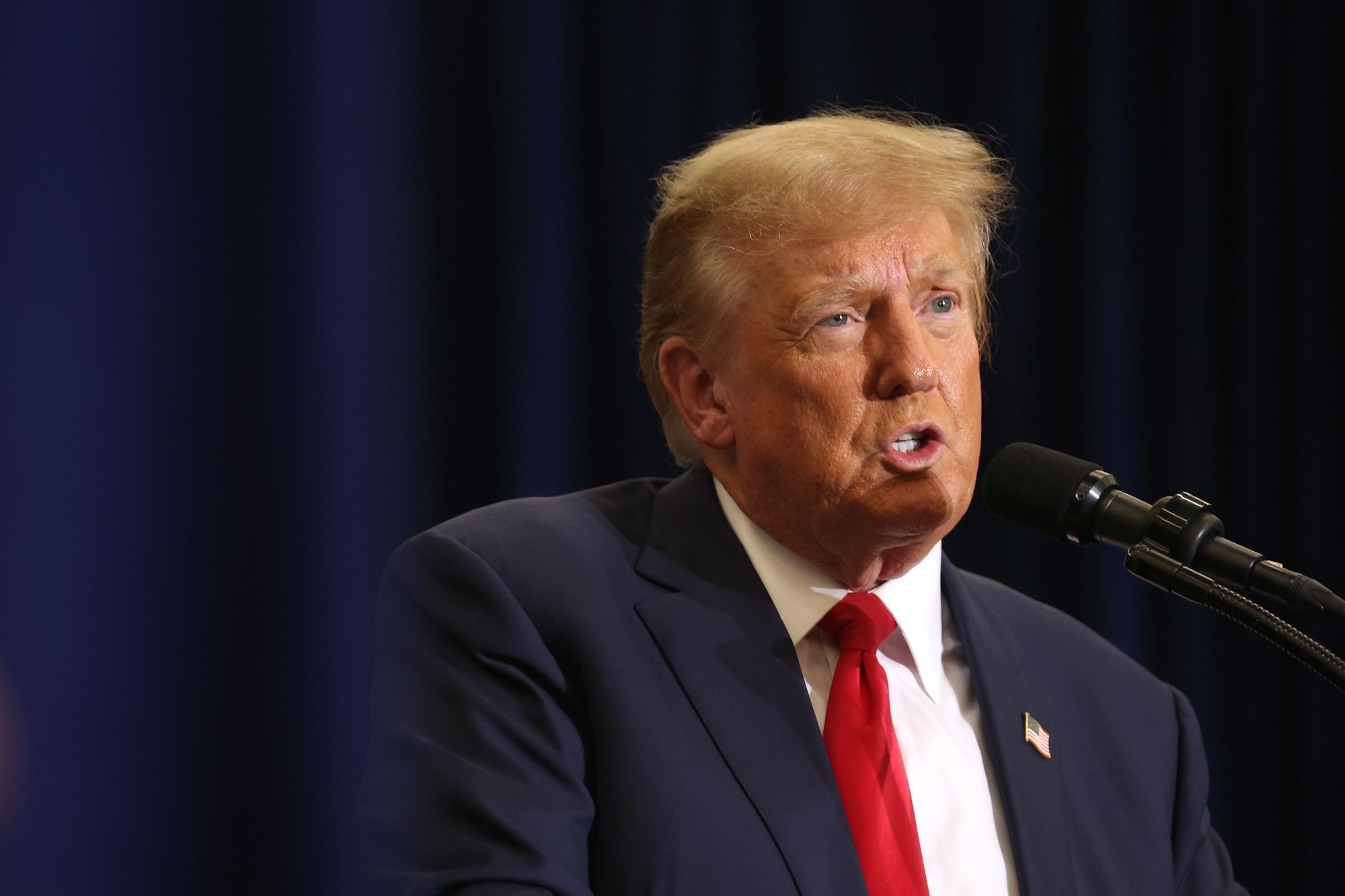Former President Donald Trump, known for his litigious nature, has recently filed twin appeals following his disqualification from the ballot in Colorado and Maine. These appeals, unlike his previous lawsuits, raise a crucial constitutional issue that urgently needs resolution.
Trump has appealed to the US Supreme Court regarding the Colorado matter and to a state court in Maine. If the high court fails to resolve the issue, the 2024 election could potentially descend into chaos.
The ex-president is challenging decisions by the Colorado Supreme Court and Maine’s Democratic secretary of state to disqualify him under the 14th Amendment’s ban on “insurrectionists” following his supporters’ mob attack on Congress. Trump argues that he did not participate in an insurrection and that his eligibility should be determined by Congress, not the courts.
Trump’s appeal to the Maine court argues that Secretary of State Shenna Bellows was a “biased decision maker” who lacked legal authority to disqualify him from office. The US Supreme Court’s ruling will be the final say on whether Trump is eligible to appear on the primary ballot in Colorado, Maine, and other states where his eligibility is being challenged.
The Supreme Court is under pressure to clarify the meaning of Section 3 of the 14th Amendment, which bans any person who has engaged in insurrection or rebellion against the United States from holding office. The court’s interpretation of this amendment could have far-reaching implications for future elections and the stability of US democracy.
Key questions revolve around whether Trump’s false claims about 2020 election fraud and his call to his supporters to “fight like hell” before the riot constitute engagement in an insurrection. If so, who has the power to determine that someone is an insurrectionist? And are those accused entitled to due process?
The 14th Amendment was extensively applied after the Civil War to disqualify ex-Confederates from public office, but its use outside that context is mostly untested — especially as it pertains to a former president.
Despite his numerous legal challenges, Trump remains a popular figure among GOP voters in pre-primary polls. However, his current legal battles pose an unprecedented test to the infrastructure of American democracy and the rule of law.
Trump’s appeals over the Colorado and Maine ballot disqualifications are not the only consequential constitutional litigation in which he’s currently embroiled. As he gears up for the Iowa caucuses on January 15, a federal appeals court in Washington will hear his attempt to overturn a lower court ruling against his claims of presidential immunity.
Trump’s assertion of sweeping presidential power “threatens to license Presidents to commit crimes to remain in office,” warns special counsel Jack Smith. This case could potentially set a dangerous precedent for future presidents, implying that they are ultimately unaccountable for their actions in office.
This is not an academic question in an election unfolding with the once and possibly future president vowing to use a second term to punish his enemies and adopting an increasingly extreme and autocratic platform. Smith’s hypothetical legal argument just might be a glimpse of the future.

